 The discovery process of litigation is vital to a well-informed judgment rendered by the court. But discovery can be halted, disrupted, or dismantled by various motions. Finding and gathering all the necessary information in a lawsuit is incredibly important for all sides. Still, it requires showing a need for that information and the presence of facts in dispute. Identifying and presenting disputed facts of a case is necessary to help protect your case from a summary judgment dismissal.
The discovery process of litigation is vital to a well-informed judgment rendered by the court. But discovery can be halted, disrupted, or dismantled by various motions. Finding and gathering all the necessary information in a lawsuit is incredibly important for all sides. Still, it requires showing a need for that information and the presence of facts in dispute. Identifying and presenting disputed facts of a case is necessary to help protect your case from a summary judgment dismissal.
Heniff Transportation, LLC (“Heniff”) was a licensed professional truck driver transporting dangerous chemicals. One of the plaintiffs, Carl Davis, was a self-employed independent contractor working for Heniff. During this work, Carl attempted delivery of a tank of hydrochloric acid to GEO Specialty Chemicals (“GEO”). GEO personnel found defects in the tank, which Heniff owned. To address the defect, Heniff directed Carl to have Bastrop Tank Wash (“Bastrop”) repair the tank. Bastrop allegedly repaired the tank, but when Carl and GEO later began transferring the hydrochloric acid from the tank, the allegedly repaired hose ruptured, hydrochloric acid escaped from the fittings, and Carl’s required protective gear was knocked off his body. As a result, Carl suffered injuries to his eyes, face, and body.
Carl and his wife, April, sued Heniff, Bastrop, GEO, Sparta Insurance (later replaced by Arch Insurance), ABC Insurance, and DEF Insurance, for damages and loss of consortium. In response, Bastrop filed for summary judgment, arguing that the part of the exploded hose was not a part that Bastrop repaired.
 Louisiana Personal Injury Lawyer Blog
Louisiana Personal Injury Lawyer Blog


 Owning property is not easy, especially when you have to share ownership with multiple individuals. Co-ownership can present challenging issues, especially when one owner wants to make renovations or sell the property. This case examines a dispute among family members involving property in the Parish of St. Bernard in Louisiana.
Owning property is not easy, especially when you have to share ownership with multiple individuals. Co-ownership can present challenging issues, especially when one owner wants to make renovations or sell the property. This case examines a dispute among family members involving property in the Parish of St. Bernard in Louisiana.  In the face of the profound loss that accompanies the passing of a family member, the impact can be particularly agonizing when that loss follows the anticipation of medical intervention, such as a transplant. The immediate inclination might be to explore legal avenues through a medical malpractice claim, yet the determination of whether negligence played a role can be an intricate matter for the average individual. This Louisiana case shows how important it can be to obtain expert testimony to help show malpractice occurred.
In the face of the profound loss that accompanies the passing of a family member, the impact can be particularly agonizing when that loss follows the anticipation of medical intervention, such as a transplant. The immediate inclination might be to explore legal avenues through a medical malpractice claim, yet the determination of whether negligence played a role can be an intricate matter for the average individual. This Louisiana case shows how important it can be to obtain expert testimony to help show malpractice occurred. 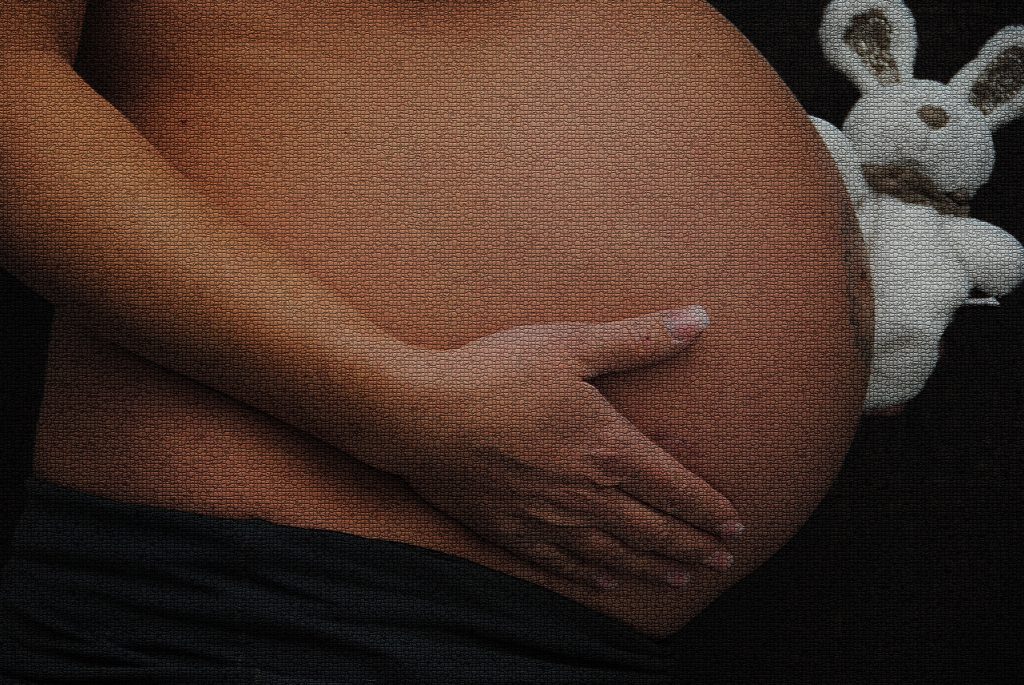 Imagine waking up one day and finding yourself out of a job simply because you are pregnant. This was the reality for Eryon Luke, as she claimed that her former employer, CPlace Forest Park SNF, LLC, fired her due to her pregnancy. This case, which attracted significant attention in legal circles, presents a deep dive into pregnancy discrimination lawsuits, exploring the application of state and federal laws and their impact on the employer-employee relationship.
Imagine waking up one day and finding yourself out of a job simply because you are pregnant. This was the reality for Eryon Luke, as she claimed that her former employer, CPlace Forest Park SNF, LLC, fired her due to her pregnancy. This case, which attracted significant attention in legal circles, presents a deep dive into pregnancy discrimination lawsuits, exploring the application of state and federal laws and their impact on the employer-employee relationship.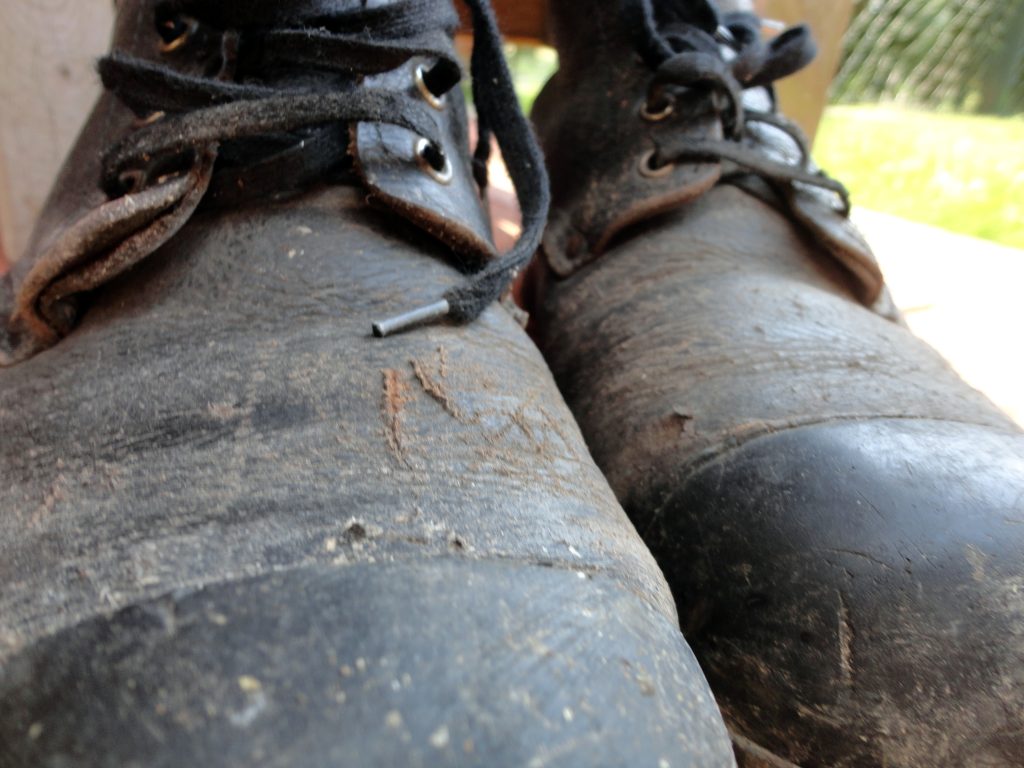 Should an employer continue to pay for work-related injuries even after an employee has “fully recovered”? At issue is a decision that terminated an employee’s entitlement to certain benefits. After the employee suffered a work-related injury and received temporary total disability benefits, her former employer, The Walgreen Company, filed a motion to modify the judgment. This led to litigation and a subsequent appeal.
Should an employer continue to pay for work-related injuries even after an employee has “fully recovered”? At issue is a decision that terminated an employee’s entitlement to certain benefits. After the employee suffered a work-related injury and received temporary total disability benefits, her former employer, The Walgreen Company, filed a motion to modify the judgment. This led to litigation and a subsequent appeal.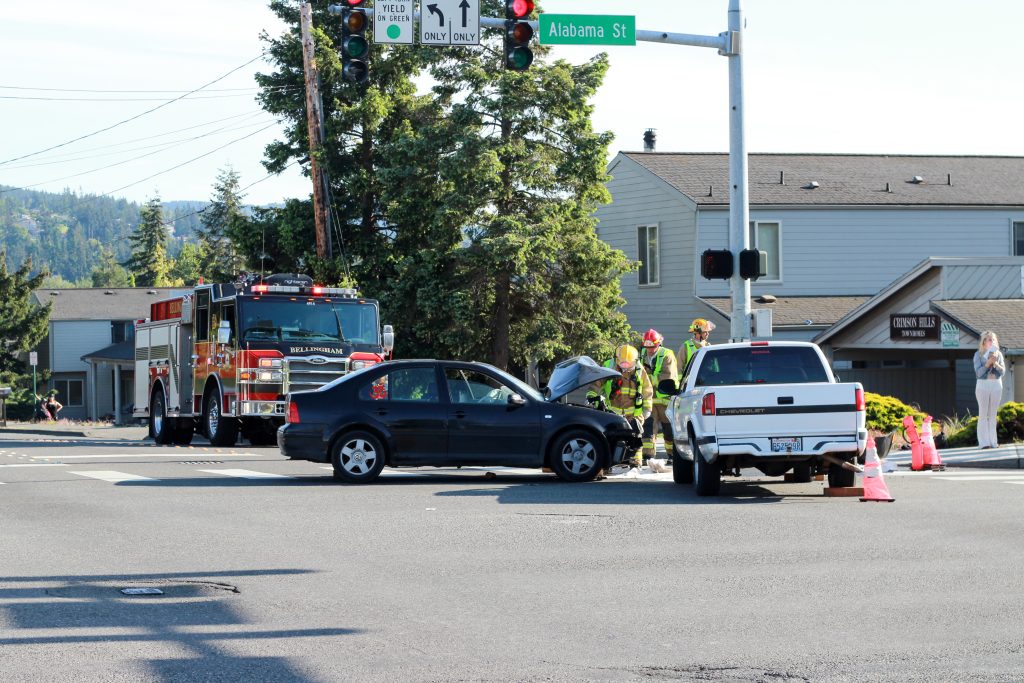 Ordinarily, when one is involved in an automobile accident, the injured party files a claim with the at-fault driver’s insurance company. When a person is involved in an accident with a co-worker in the course of their employment duties, however, the injured party may collect workers’ compensation instead. Can the injured employee “double-dip” and also collect under a Uninsured/underinsured motorist policy? This was the issue in a recent case out of Delcambre, Louisiana.
Ordinarily, when one is involved in an automobile accident, the injured party files a claim with the at-fault driver’s insurance company. When a person is involved in an accident with a co-worker in the course of their employment duties, however, the injured party may collect workers’ compensation instead. Can the injured employee “double-dip” and also collect under a Uninsured/underinsured motorist policy? This was the issue in a recent case out of Delcambre, Louisiana. 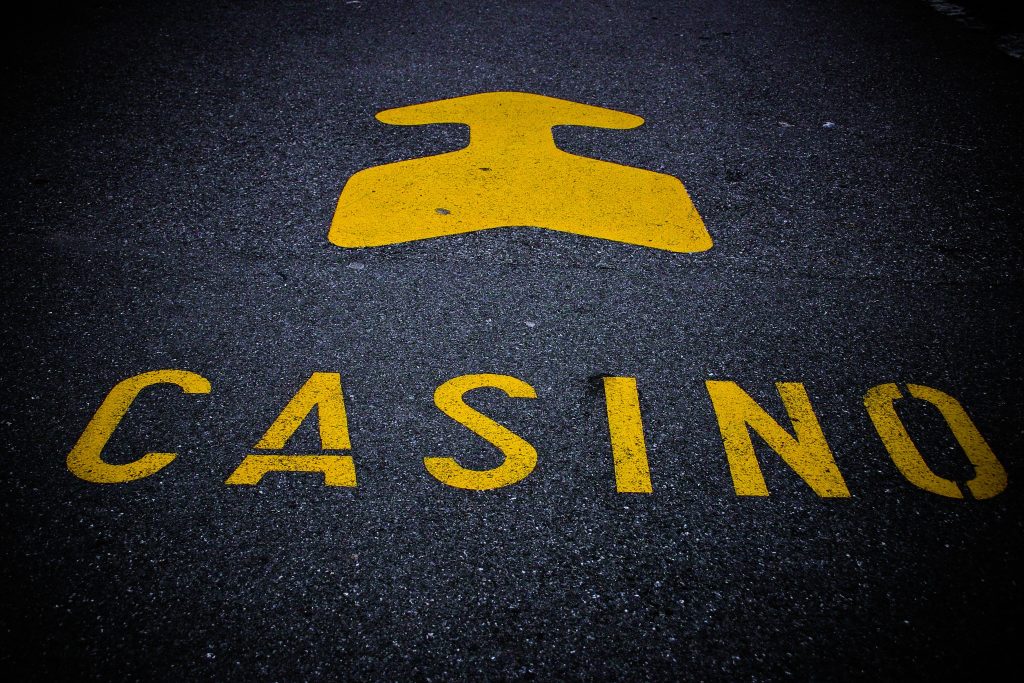 When you enter a store or place of public accommodation as a customer, there is a certain expectation of safety. Many customers expect stores to provide clean bathrooms and a slip-free environment. This, however, was not the case for Valencia Lewis when she was walking through a New Orleans casino.
When you enter a store or place of public accommodation as a customer, there is a certain expectation of safety. Many customers expect stores to provide clean bathrooms and a slip-free environment. This, however, was not the case for Valencia Lewis when she was walking through a New Orleans casino. 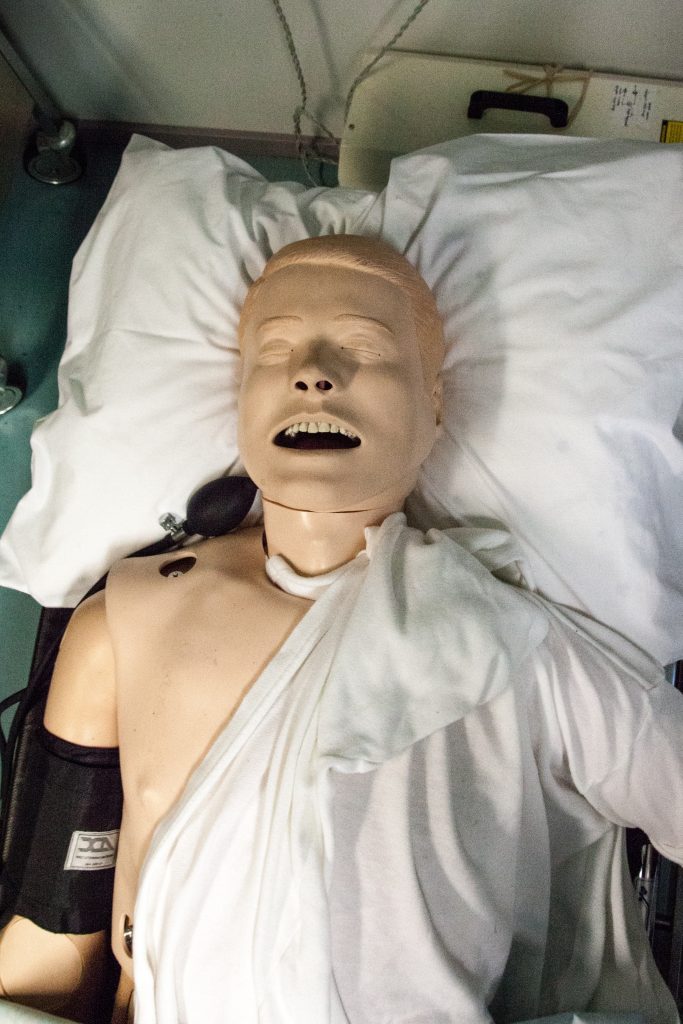 The prospect of undergoing medical procedures carries inherent risks; sometimes, unfortunate incidents can lead to injuries. In such cases, individuals can pursue medical malpractice claims to seek compensation for damages. A crucial aspect of these claims is presenting the appropriate evidence and adhering to procedural requirements. A telling illustration of the importance of these procedures is found in a lawsuit involving Elliott R. James and Lakeview Medical Center, LLC. This case underscores the significance of following legal protocols and obtaining substantial evidence to bolster a medical malpractice claim.
The prospect of undergoing medical procedures carries inherent risks; sometimes, unfortunate incidents can lead to injuries. In such cases, individuals can pursue medical malpractice claims to seek compensation for damages. A crucial aspect of these claims is presenting the appropriate evidence and adhering to procedural requirements. A telling illustration of the importance of these procedures is found in a lawsuit involving Elliott R. James and Lakeview Medical Center, LLC. This case underscores the significance of following legal protocols and obtaining substantial evidence to bolster a medical malpractice claim. Before accepting a job, it is essential to review all policies provided to you by your potential employer, as these policies may not always be in your best interest. The following East Baton Rouge case demonstrates what may or may not be considered a “wage” payable at the end of employment.
Before accepting a job, it is essential to review all policies provided to you by your potential employer, as these policies may not always be in your best interest. The following East Baton Rouge case demonstrates what may or may not be considered a “wage” payable at the end of employment.  Imagine being wrongfully arrested and seeking justice for the harm caused. This was the situation for Joe Bridges III, Jordan M. Bridges, and Branden J. Herring, who filed a lawsuit for damages after an arrest on July 30, 2011. The plaintiffs initiated the lawsuit by filing a petition for damages on July 20, 2012. The defendants named in the petition included the Baton Rouge Police Department, the City of Baton Rouge, and several individual police officers.
Imagine being wrongfully arrested and seeking justice for the harm caused. This was the situation for Joe Bridges III, Jordan M. Bridges, and Branden J. Herring, who filed a lawsuit for damages after an arrest on July 30, 2011. The plaintiffs initiated the lawsuit by filing a petition for damages on July 20, 2012. The defendants named in the petition included the Baton Rouge Police Department, the City of Baton Rouge, and several individual police officers.